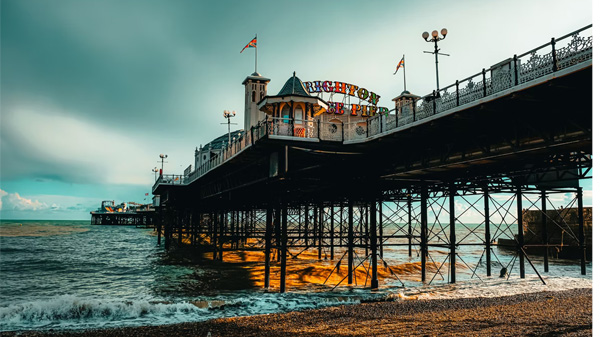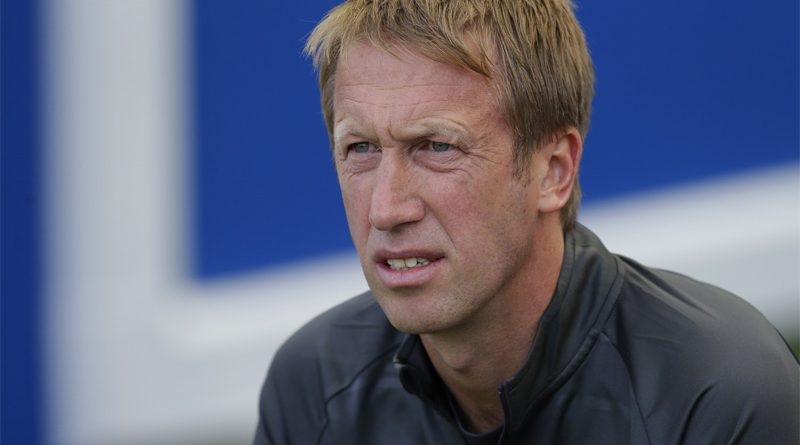I don’t want to be your steppin’ stone
Being a Brighton fan comes with its own set of expectations. Those expectations have been upgraded since Tony Bloom came onboard, but when looking from a rational and realistic perspective, most fans understand exactly where we are as a club. Namely that we are on the road to becoming an established Premier League club.
Of course, there is no guarantee that so-called established Premier League clubs can’t suddenly see the foundations beneath them crumble like sand before falling through the gaping maw of the trapdoor down to the Championship.
That aside, there is another understanding, that clubs like Brighton cannot fail to be seen as something else; stepping stones.
When Graham Potter was linked with the Spurs job in the summer it merely confirmed what many of us had been fearing for a while. Our man was now on the radar of the so-called big teams.

In a perfect world he would stay with Brighton and steer them first to Premier League titles, then European dominance. This isn’t a perfect world unfortunately, and though many of us have ambitions of doing it on FIFA 21, in reality, Brighton will never achieve that. That isn’t the only difference between computer football games and the real thing, but it’s certainly the most heart breaking one.
Unless you are competing at the very top of the best league in the world, your better players are always going to strive for a move to a more promising club. To think otherwise is simply being naïve.
There are only two situations when that isn’t the case. Either you employ players in the twilight of their careers hoping you can squeeze two or three more valuable seasons from them, or you create a team that is consistently far better than the sum of its parts, with no particular standout player.
The first of those is unworkable, the second unrealistic. So you are left with the situation where you hope to bring players in cheaply, develop them, get several good seasons from them before selling them to the highest bidder. Rinse and repeat.
That is almost inevitably what will happen to Trossard. It is how many clubs, especially the well run clubs in a similar position to Brighton, operate and survive.
Managers are no different, apart from the fact they are a lot harder to find and the impact of losing a good one is immeasurably greater.
They also go for a lot less money. Aston Villa paid £4.5 million to Rangers in compensation for taking their manager. What does £4.5 million buy you today in the transfer market?

There is an argument that managers are less ambitious than players. To a certain extent that is true, but it is probably more a case of the knowledge and security that they have had a successful career, and the realization that a job where they are constantly exceeding expectations is far, far better than one where they are never going to live up to them.
Casting your mind back over previous Brighton managers, only two have gone on to bigger and better things, or even onto much at all. They are Gus Poyet and Oscar Garcia.
Sami Hyypia no doubt saw Brighton as a potential stepping stone, but unfortunately for him and us, he just didn’t have the skillset required for football management.
A lot of that is simply down to where Brighton were as a club for much of that time. You have to offer a prospective employee the chance of being able to look good and shine, something that was certainly not always the case.
It does show what a phenomenal job the club did to recruit Potter. There is no point rewriting history. There were eyebrows and voices raised at the time, but faced with one of the toughest remits, namely to improve the style of football whilst maintaining or improving league position, all under the yoke of a relatively small transfer budget, he has done a remarkable job.
The problem is it is there for everyone – especially every chairman – to see.




